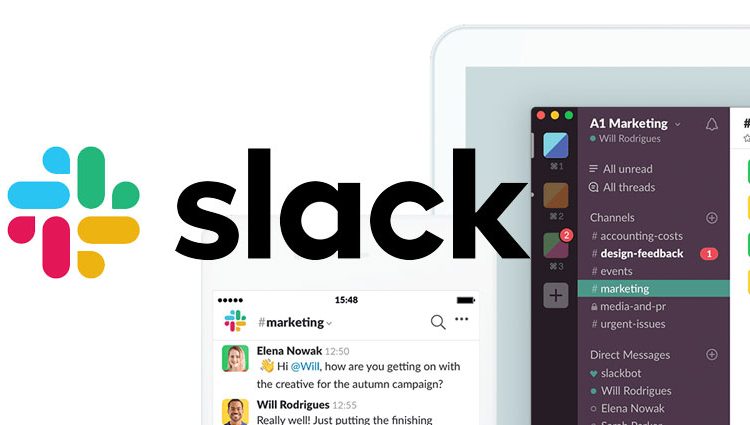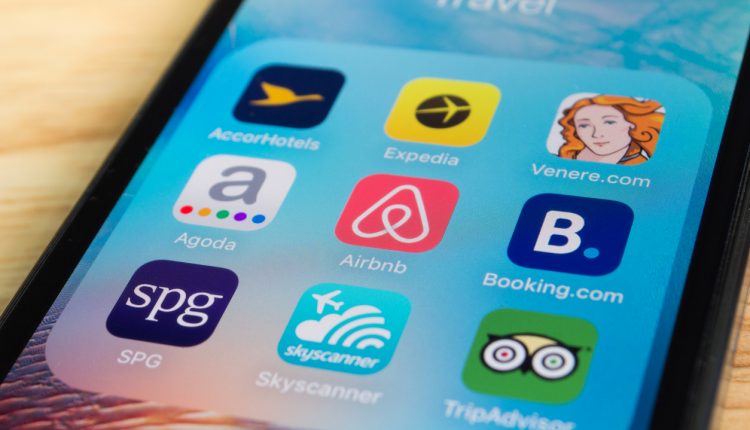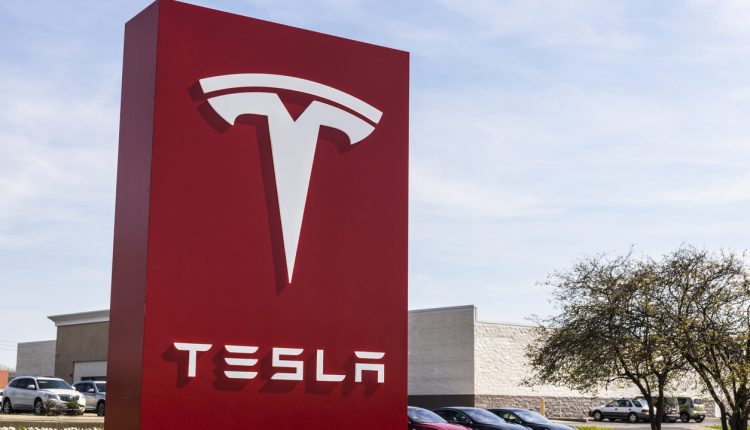5 of the World’s Biggest Companies That Are Making Zero Profit
Surprisingly, there are hundreds of huge companies out there, valued in the billions, yet making zero profits, or in some cases losses.
You may have heard the news that in February last year, following 12 years of healthy operations Twitter began to make its first profits. It reported its first ever net profits at $91 million on $732 million in revenue – shareholders must have been ecstatic to finally reap some reward on their investments.
Remarkably, this scenario happens more often than you’d imagine, and there are still plenty of huge firms which we all know and love making no profits at all. Back in the day, investing in a firm that is not making profits would be considered insane, but the status quo is changing. In 2019 the valuation of a company, and the subsequent investment of, is mostly based on the potential future profits, as opposed to current turnover figures.
In fact, this year a report from PitchBook found that of all companies that went public on stock exchanges in 2018, unprofitable companies have been valued higher than the profitable companies. Here are just a few of the world’s biggest companies that are currently making zero profit but have seemingly huge ‘value’.
-
Uber

Founded in March 2009, Uber is a relatively young company, but in April Uber hoped for an overall valuation upward of $80 billion. There are lot of people with their hands in Uber’s pockets, and Uber has its hands in a lot of pockets too. Its entire business model appears to be based on platform markets, but through the years Uber has been trying to create scale by subsiding its operations. This means it hasn’t really made any money to give back to its investors.
This year there has been plenty of talk on Uber’s failed IPO, which was expected to be a record-breaking IPO such as that of Alibaba in 2014. During the IPO Uber hit its expected valuation of around $80 billion, to then come crashing down, much to the world’s dismay. This all went ahead despite the company’s S-1 filing very clearly stating the company may never in fact make any profit.
Today Uber is still making a loss due to having to subside its rides and other operations. Once it has made both riders and drivers happy, it needs to take care of its operating costs and the costs of running the platform, by the end of which it simply has no money left for itself.
Following the meltdown of its IPO launch, only time will tell if Uber actually makes it into the profit arena. Despite this turn of events, a similar scenario recently took place with WeWork’s IPO, which is currently failing and planning on laying off thousands of employees.
-
Spotify

Despite making its first quarterly profits in February, Spotify has returned to MoM losses worldwide. It has around 96 million paid subscribers, but still has to pay all licensing fees on top of its operating costs, so although it’s the biggest music streaming service in the world and ever, its just about holding its head above water.
The Swedish music giant said: “For the first time in company history, operating income, net income, and free cash flow were all positive,” in a letter to its shareholders, which it then followed with forecast losses of $227 to $409 million for the remainder of 2019. Unlike Uber or WeWork, Spotify’s recent valuation has actually been quite reasonable and currently sits at around $20 billion, and this is on the back of its public listing in April 2018.
According to Spotify’s 2017 F1 SEC filing, annual revenue hit just shy of $5 billion—70% of which went straight back to the artists, record labels, publishers, and distributors, all in all amounting to a $460 million loss for the company – this same case presented itself the following year until it made profit, as mentioned above, in February 2019. It has some challenges ahead but is winning the music streaming race and overcame its public listing, so things should turn out okay for this one.
-
Slack

If you work in an office environment, you probably use Slack quite often. And Slack is yet another growing, high value but loss-making tech firm. There is a big confidence in a workplace communications shakeup and optimism rests with Slack, which is why the Silicon Valley app developer launched its IPO in June hitting an estimated value of $20 billion, despite it never turning a profit.
Reuters reports increasing revenue for the firm, YoY, with numbers of users, both free users and by paid subscription growing in the thousands. However, the company says that total operating costs rose 49% to $503.5 million this year, attributing the hike in most part to higher sales and marketing costs. In 2018, Slack made a net loss of $181 million.
Jay Ritter, an IPO expert and professor at the University of Florida, said: “The company is a classic tech company with scalability…There is the potential for profitability in the next few years, with rapidly growing profits after that…Many tech companies, such as Dropbox and Spotify, offer free use to people or organizations, with the idea that a certain fraction of them will become heavy users and paying customers. As long as the churn rate is not too high, this can be a successful business strategy.”
Slack is not far from its era of profit making but for now it remains one of the bigger companies struggling to reach the plus margins.
-
Snapchat

Snap Inc, the parent company of popular photo messaging app Snapchat, has been making a loss since it started, and despite having quite a high valuation, as we’ve witnessed is pretty normal in today’s tech firm environment, still shows red ink on its bottom line.
It recently made a comeback and retargeted the younger audience it had originally set out to profit on, and although the aforementioned bottom line has been increasing both sequentially and YoY, in 2Q19 Snap Inc posted a net loss of around $255 million. According to Techcrunch: “Snapchat’s future hinges on its ability to get to profitability so it can keep financing R&D in augmented reality and hardware.”
Nonetheless, Snapchat is still a very attractive stock for the same reasons all of the above are, though it does face fierce competition with Facebook and Instagram. Its user figures have stopped dropping however, as in February this year it reported its first instance of steady activity, without any significant loss in users – this should steady the ship by the end of the year, and the company start to recover its losses and move forward.
-
AirBnB

Although it has made some profit in the past, AirBnB, the popular bed and breakfast rental firm, is still a loss-making company. Though it is currently looking to launch an IPO, it recently revealed big losses of over $300 million in 1Q19.
It started in 2008 and immediately started to make ground, but over a decade later, it still makes no money. Though CNN reports that its most recent fundraising round yielded a valuation of $35 billion, so investors must have some idea of its future profitability.
According to iProperty Management, Airbnb’s growth is its strongest asset in a loss-making business world. It experienced a 62.5% increase in guest arrivals during 2018, and since 2009, the global compound growth rate of the company has risen beyond 153%. Bookings have a 45% YoY increase and as Airbnb is between 8% to 17% cheaper than any average hotel, all this is proof enough that Airbnb’s immense growth is real, without a shadow of doubt.
Now all that’s left is for the company to keep making consistent profits, push marketing and float a successful IPO, which according to Wall Street, is to be approached cautiously considering Lyft and Uber’s recent debacles.
Conclusion
What all of these companies have in common is that they invest purposefully , focusing on growth as opposed to immediate profits. Even Amazon, now considered a retail behemoth, makes a meagre profit compared to its growth figures. In fact, for the first 14 years of operations Amazon made zero profit, after going public in 1997 as a money-losing company. Despite this, shareholders are still happy and looking forward to continued and increasing returns.
Finance professor Jay Ritter, who has been examining corporate profitability for decades, says: “During the internet bubble 20 years ago, most of the companies were unprofitable. The mantra then was ‘first mover advantage’, and now people have the same idea, they just call it ‘winner-take-all’.”



